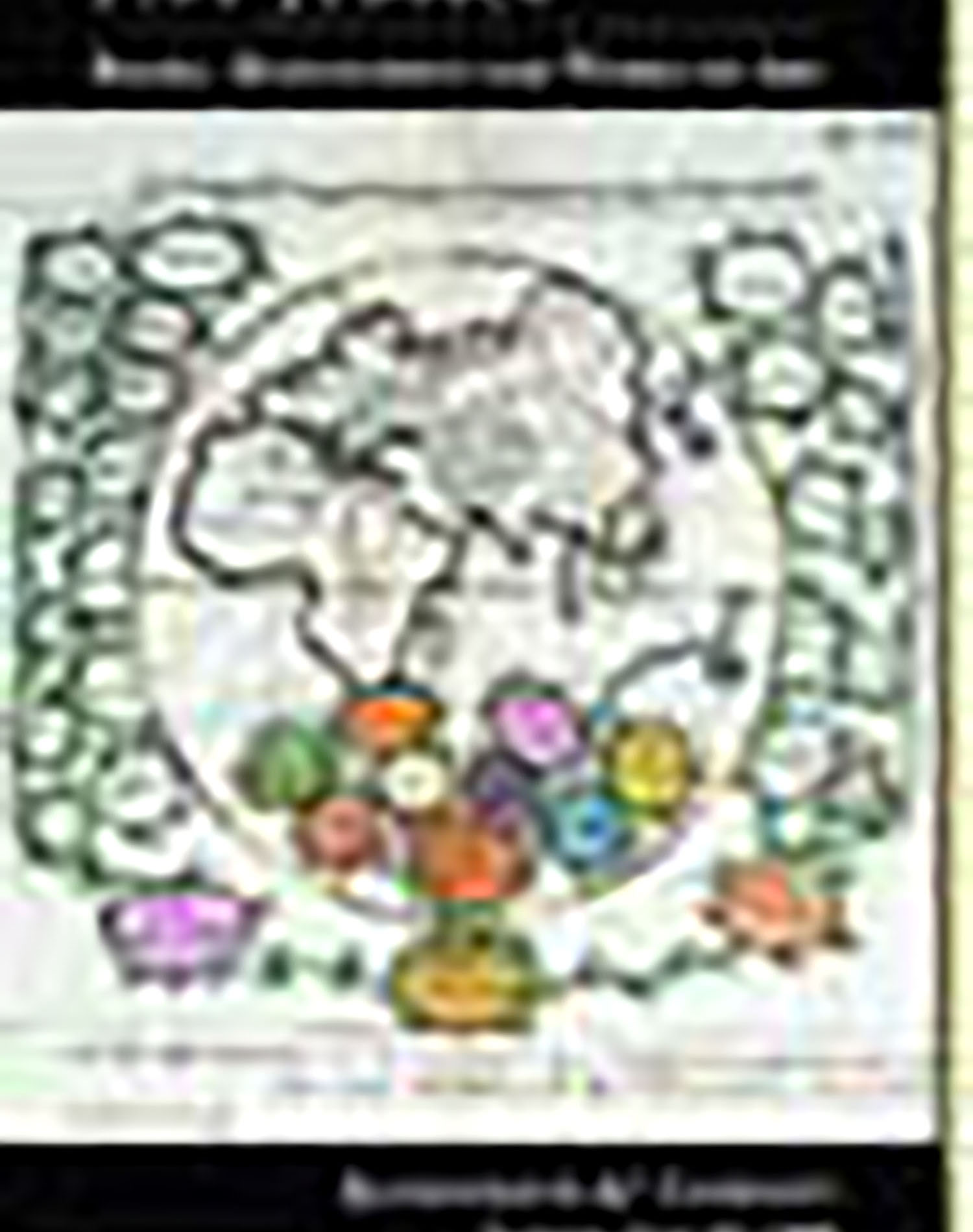Mishneh Torah [Rabbinic Code]. With commentaries

AUCTION 5 |
Tuesday, June 23rd,
1998 at 1:00
Fine Judaica: Books, Manuscripts and Works of Art
Lot 230
MOSES BEN MAIMON (MAIMONIDES/RaMBa”M)
Mishneh Torah [Rabbinic Code]. With commentaries
Venice: Cornelio Adelkind for Marco Antonio Giustiniani 1550
Est: $4,000 - $6,000
PRICE REALIZED $4,250
A Handsome Wide-Margined Copy
NB THE NOTE BELOW WAS NEVER USED IN THIS FORMAT LEFT HERE FOR POSSIBLE FUTURE USE (DK, 5-01.)
One of two rival editions published in the same year which caused an uproar among Italian Jewry.
Giustiniani , of prominent venetian descent established a Hebrew press in 1945 for which he hoped "Great shall be the glory of this house, saith the Lord of Hosts" as indicated in his printer's mark. A new threat to his printing house was quick to arrive however, with the printing of the Mishneh Torah by a new and influencial Christian, Alvise Bragadini. In conjunction with Rabbi Meir of Padua they put out a new version of the Mishneh Torah including new commentaries by the rabbi. This was of great excitement since in the year preceeding, there was a period of extraordinary inactivity to the extent that with the exception of Giustiniani's Talmud there was probably only a handful of Hebrew books published in the world. Giustiniani was swift in printing his own copy of this important work notably without Rabbi Meir's commentaries. The escalation of the animosity between these two printers resulted in one of the greatest calamities to world jewry. With Giustiniani's new printing of this work, Rabbi Meir of Padua and Bagadini wrote to the young Rabbi Moses Isserles with their complaints. This touched on some complex issues since the complaints were between a Jew and a Christian and another Christian. Thus the problem could neither be solved in Jewish courts (which would have likely stopped the second printing ofthe same work) nor in Italian courts since one of the plaintiffs was a Jew. Rabbi Isserless's decision was thus to put this very edition of the Mishneh Torah in excommunication since it was the latter of the two and presumably threatened the first. With this judgement Giustiniani's press took a serious blow and vengence between the two printing houses resulted in directing the scrutiny of the papal censor to Rabbi Meir’s notes for content objectionable to the Church. Soon thereafter the cause of all Hebrew books was laid before apostate Jews in Rome keen to use their newly born Christian zeal in the work of denunciation. Before long, Hebrew books were consumed in flames at burnings held in market places through out Italy. See D.W. Amram, The Makers of Hebrew Books in Italy (1963) pp. 255-64
